Keith Butler: 1938 - 2019
Keith Butler was a multiple national champion and GB squad member before going on to set up the Surrey Cycle Racing league. He died this morning in hospital near his home in Surrey
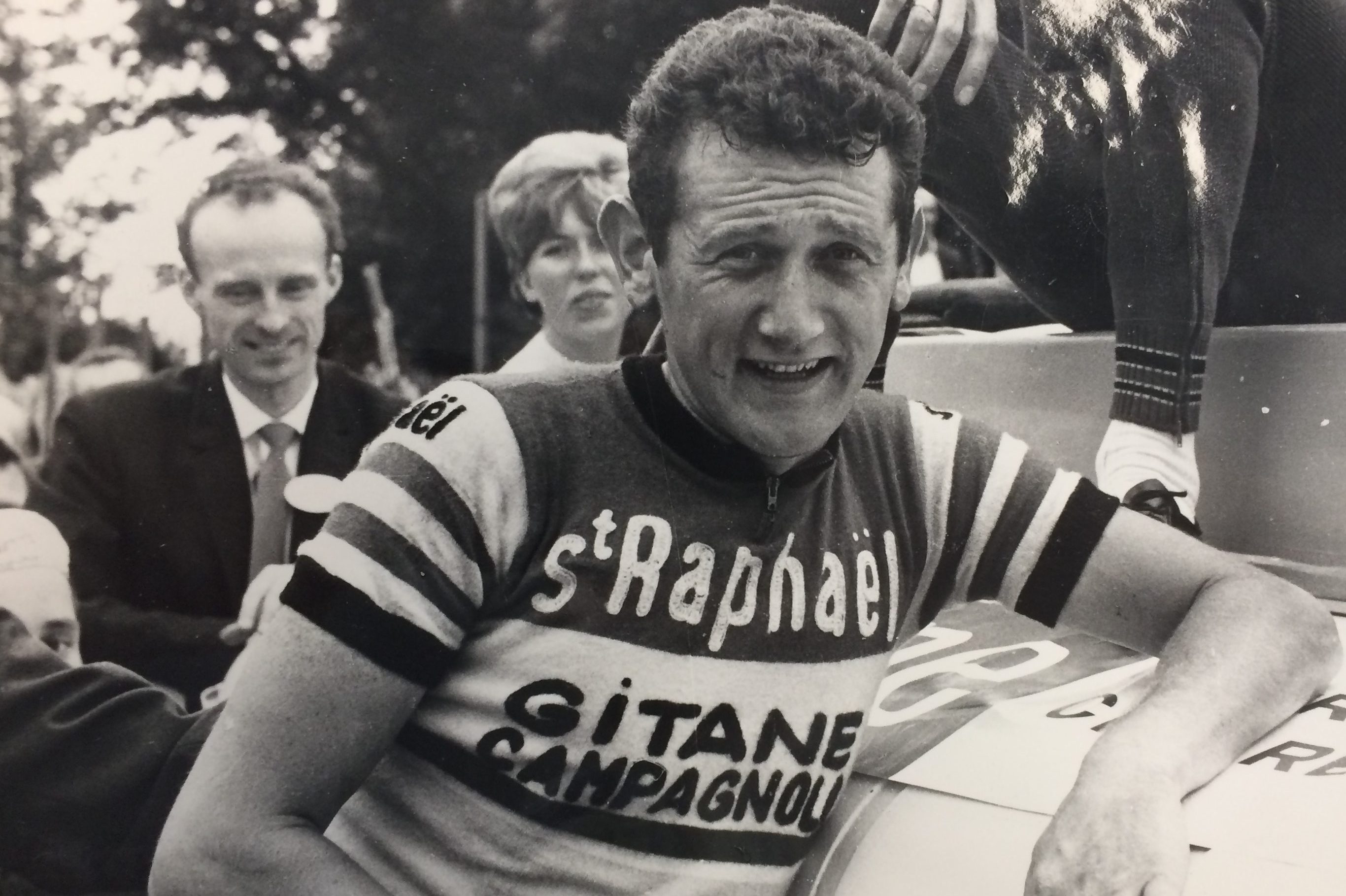
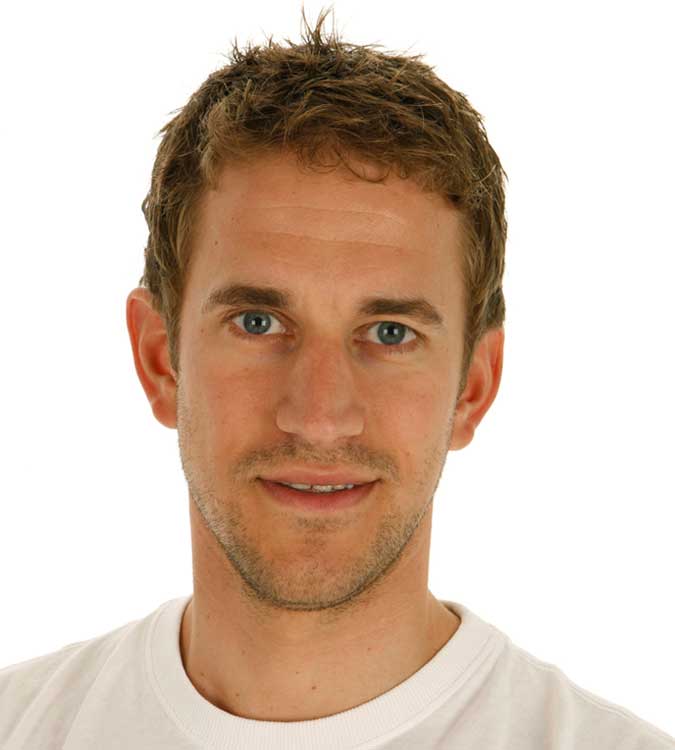
National champion, race organiser, British Cycling board member, clubman extraordinaire, team manager, father, grandfather and husband. Keith Butler had many hats to wear, and all of them cycling hats.
He was the first rider to win both the amateur and professional road race national titles, rode for Tom Simpson when he won the world title in 1965 and later in life set up and ran the Surrey Cycle Racing League - the most successful racing league in the country that is still going strong today.
His list of achievements in the sport both on and off the bike is unrivalled in British cycling history.
Keith Butler was born in London on September 2, 1938 and was always going to be a cyclist. His father Stan was a successful time triallist and competed in the 1932 Olympics in Los Angeles. He was also joint owner of Allin Cycles in Whitehorse Road, Croydon. Cycling was in the Butler family's genes. With more options open to him in the 1960s, Keith would go on to even greater international success than his father.
Having achieved good local results in 1959 and 1960 Keith broke on to the national scene in 1961, competing in the country's biggest races and being selected for the southern regional team for the 1961 Milk Race where he finished a very credible ninth. That year he was also a member of the Norwood Paragon's team pursuit National Championships winning team.
He also was fastest at the National 100 with a four-hour 11-minute ride, but was later disqualified for breach of regulation 44 that condemned ‘company riding.’ Keith had caught his minute man and race favourite Harry Middleton within 10 miles and couldn’t shake him off. As Middleton kept coming past him the pair caught the next rider on the road and couldn't avoid each other. Keith eventually rode away from Middleton after 60 miles and although there were no judges out on the course, he was DQ'd. His appeal was later rejected, but he had his deposit returned on condition he didn’t talk to the press.
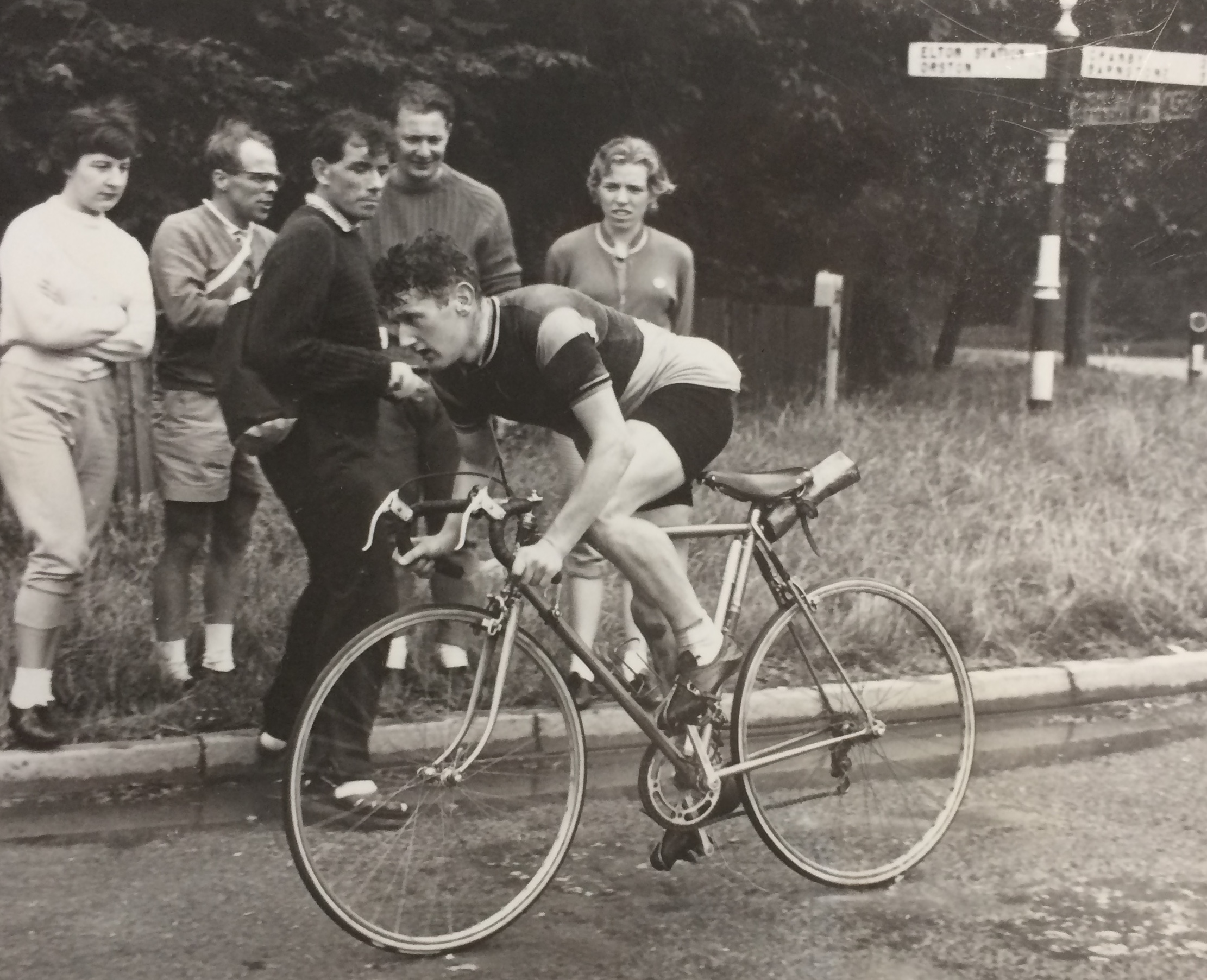
In '62, he rode for Great Britain in both the Peace Race and the amateur World Championships. That year also saw him crowned amateur national champion in Maccelsfield, a result that saw him selected for the Commonweatlh Games team travelling to Perth, Australia later in the year.
Get The Leadout Newsletter
The latest race content, interviews, features, reviews and expert buying guides, direct to your inbox!
The following year he moved to Belgium where he started winning almost immediately. A tough rider, Keith was often in the break, and he had a powerful sprint which gained him many results. He was also tactically astute. On a practice lap at the 1963 worlds he noticed barriers at the side of the road on a narrow hill made for a pinch point in the course and spotted the danger. He got in to the early move in order to stay safe. True enough when the peloton tried to squeeze through there was a crash and half the bunch either came down or got caught behind, placing them immediately out of the contention.
The following year he took out a semi-professional contract to ride as an ‘independent’ meaning he could join pro teams for certain races. Always preferring the tough conditions, the Belgian Classics and Kermesses were ideal for his style of riding. He placed 10th in Kuurne-Brussels-Kuurne and 35th in the Tour of Flanders. He returned to the UK in the summer to win the professional road race title, becoming the first man to win both amateur and pro titles.
1965 saw him riding for bigger teams in the service of others and therefore gain fewer results. The highlight from that year being part of the British team that helped Tom Simpson win the world road race title in San Sebastien. Keith’s job that day was to mark Jacques Anquetil, five time Tour de France winner and the greatest rider of that generation. This he did unfailingly, later saying, ‘it was like riding behind a bloody motorbike!’
Keith was back racing in the UK in 1967, retiring in 1968. Returning to education he graduated from Avery Hill College as a geography teacher. He then took a three year teaching contract in Zambia, travelling to the south African country with his wife Marylin. The couple later moved back to Copthorne in Surrey to start a family as Keith carried on with his teaching career.
In 1983 Keith set up the Surrey Cycle Racing League. Keith could be very convincing and he talked his friend Glyn Durrant in to helping him. Keith’s vision along with his racing and route knowledge coupled with Glynn’s organizational skills meant they made for a formidable duo and quickly became the most prolific bike race organisers in the country.
By pooling the resources of the clubs in Surrey and the south east, the League put on over 170 races in it’s busiest years, and is still going today with Durrant at the helm; “I’ve known Keith since the late 70s. We worked at Holdsworthy together. He was the biggest influence on my life, I really looked up to him, he was my hero.’ Durrant said.
Keith was also an accomplished team manager, taking charge of the British team at the 1986 world championships in Colorado. He managed amateur teams too as the Surrey League's reputation gained it invites to take a composite team to race abroad, especially in Ireland, a place Keith loved visiting.
The Surrey League flourished even as British Cycling was struggling to hold itself together in the mid 1990s. After the organization was effectively rescued by Brian Cookson and Peter King in 1996, Keith was invited to sit on the board which he did for many years. He was inducted in to British Cycling's hall of fame in 2009.
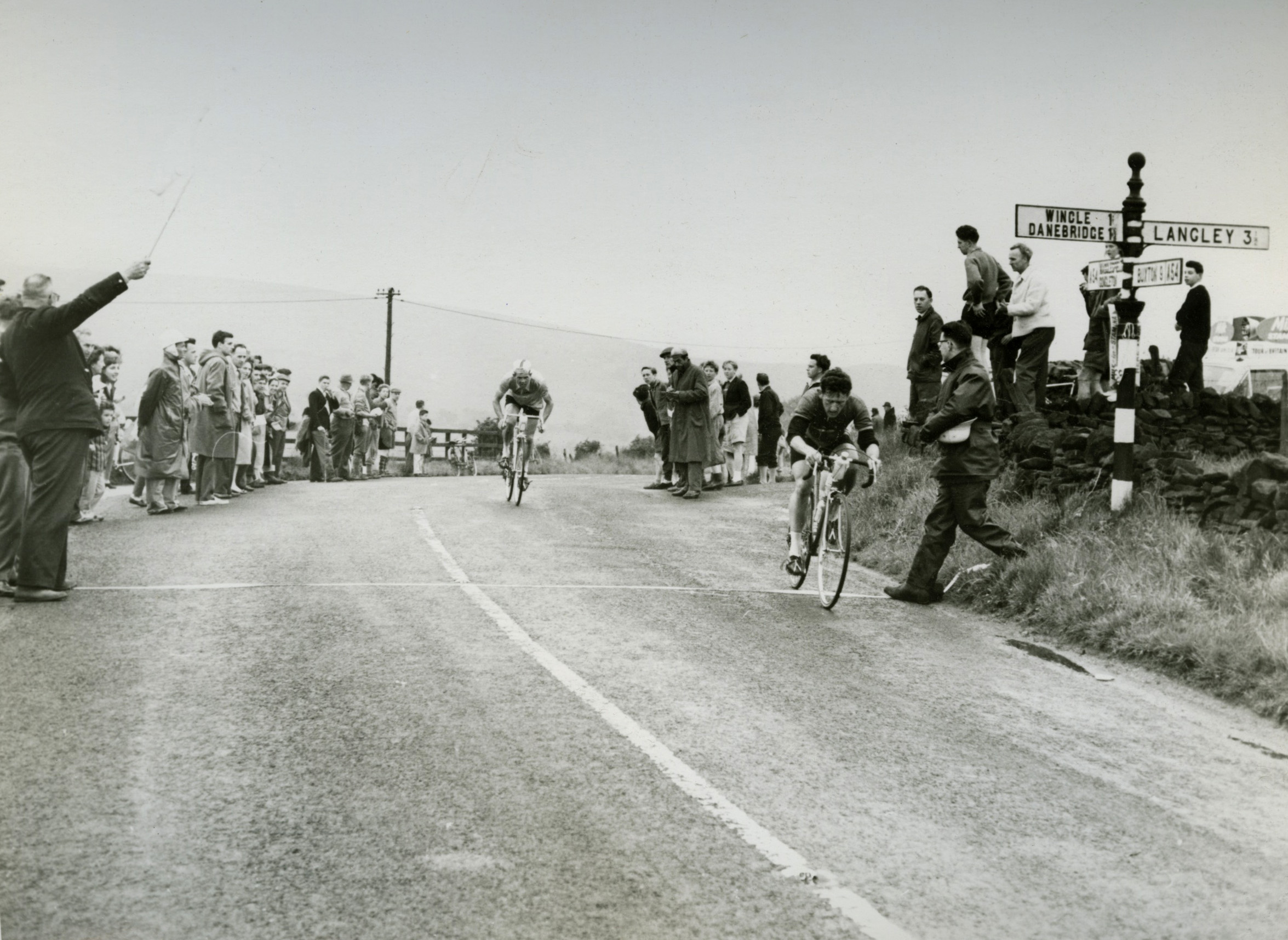
"Keith was a great rider but also put so much back into the sport he loved. As a race organiser he was responsible for giving many thousands of cyclists, at grass roots level and beyond, the chance to experience road racing." Said former British Cycling and UCI President Brian Cookson.
"As a local and national official of British Cycling, especially as a Board Member for many years, he was always a sound and coherent contributor to the administration and governance of our sport. I am proud to have known and worked with him."
His passion and energy for cycling simply never let up. Even in his 70s he did the odd fortnight's work as a ride Guide in Majorca, taking out the slower groups and teaching them the art of group riding. He was known by many on these trips for his descending ability. This ability was put to good use every Christmas at the Norwood Paragon's downhill competition. Keith was a regular winner of this coveted club prize.
Many of his closest friends will remember as him a clubman through-and-through. Joining the Norwood Paragon in 1953 he was still a member up until his death. As a younger rider he rode and won in every discipline going: Road races, time trials, cyclo-cross, hill climbs and track. After his retirement he even rode the 1970 local British Cycle Touring Competition where he finished fourth. He was awarded the 'Novices' award much to everyone’ s amusement, saying; ‘I’ll never make a tourist!’
Through his many club roles, general involvement and love of the sport he got thousands of cyclists in to racing. Including myself. I can still remember sitting on the start line of my first ever race, a Surrey League handicap in 1995. It was a warm and sunny Thursday evening in Charlwood, near Gatwick airport.
I was in the first group and didn't really know what I was doing. ‘It’s this lad’s first race, so look after him!’ he announced to the group. After two laps it was just me and one other rider at the front. His daughter Alison.
For the Butlers, cycling had always been a family affair and his three children all rode bikes. They still do. Keith only stopped in recent years due to a knee injury. He celebrated his 80th birthday last year with friends and family and members of the local cycling community. He is survived by his wife Marylin, children Gethin, Alison and Megan and several grandchildren.

Thank you for reading 20 articles this month* Join now for unlimited access
Enjoy your first month for just £1 / $1 / €1
*Read 5 free articles per month without a subscription

Join now for unlimited access
Try first month for just £1 / $1 / €1

Editor of Cycling Weekly magazine, Simon has been working at the title since 2001. He fell in love with cycling 1989 when watching the Tour de France on Channel 4, started racing in 1995 and in 2000 he spent one season racing in Belgium. During his time at CW (and Cycle Sport magazine) he has written product reviews, fitness features, pro interviews, race coverage and news. He has covered the Tour de France more times than he can remember along with two Olympic Games and many other international and UK domestic races. He became the 130-year-old magazine's 13th editor in 2015.
-
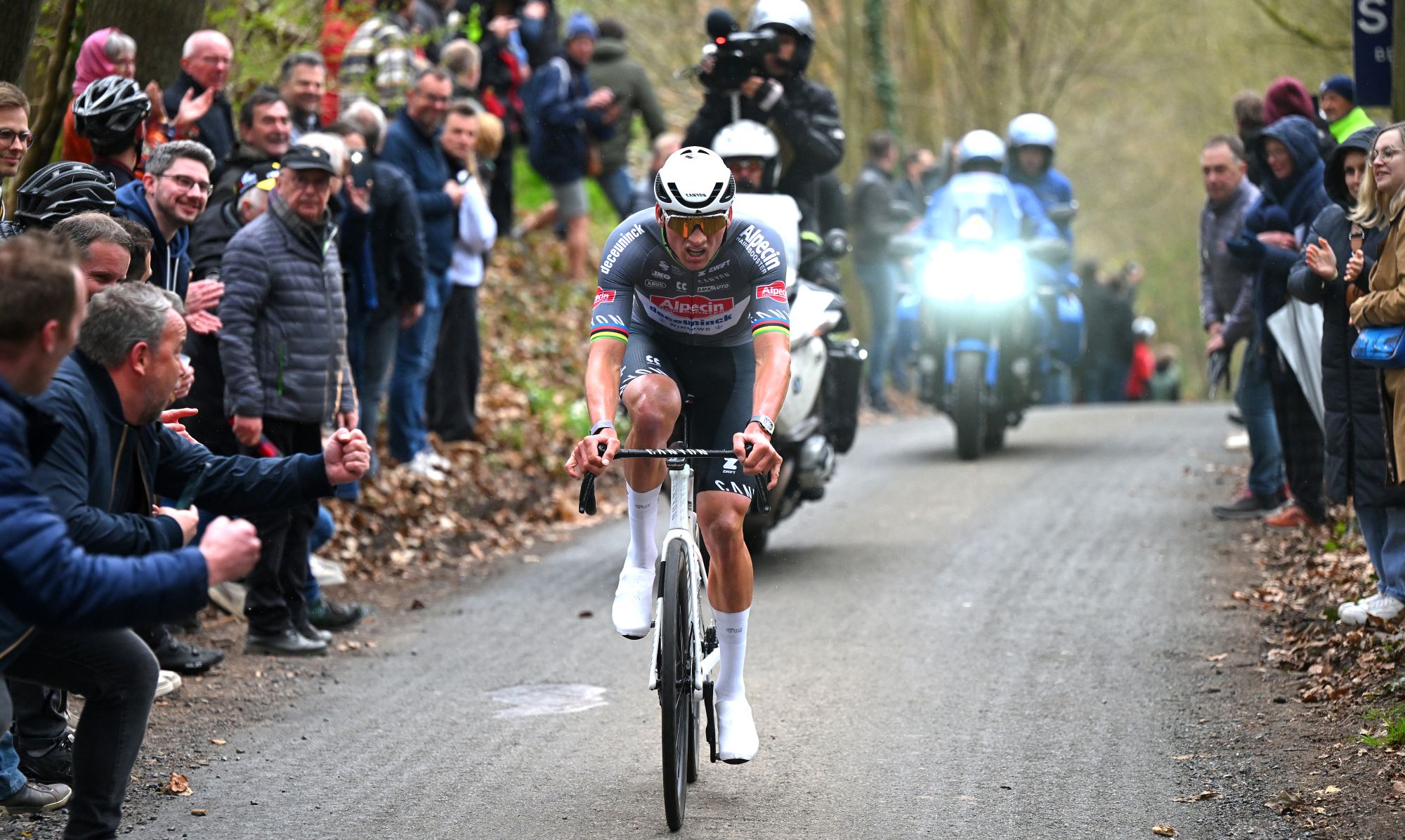 'I start every race to win' - Mathieu van der Poel fired up ahead of Paris-Roubaix showdown with Tadej Pogačar
'I start every race to win' - Mathieu van der Poel fired up ahead of Paris-Roubaix showdown with Tadej PogačarTwo-time winner says he has suffered with illness during spring Classics campaign
By Tom Thewlis Published
-
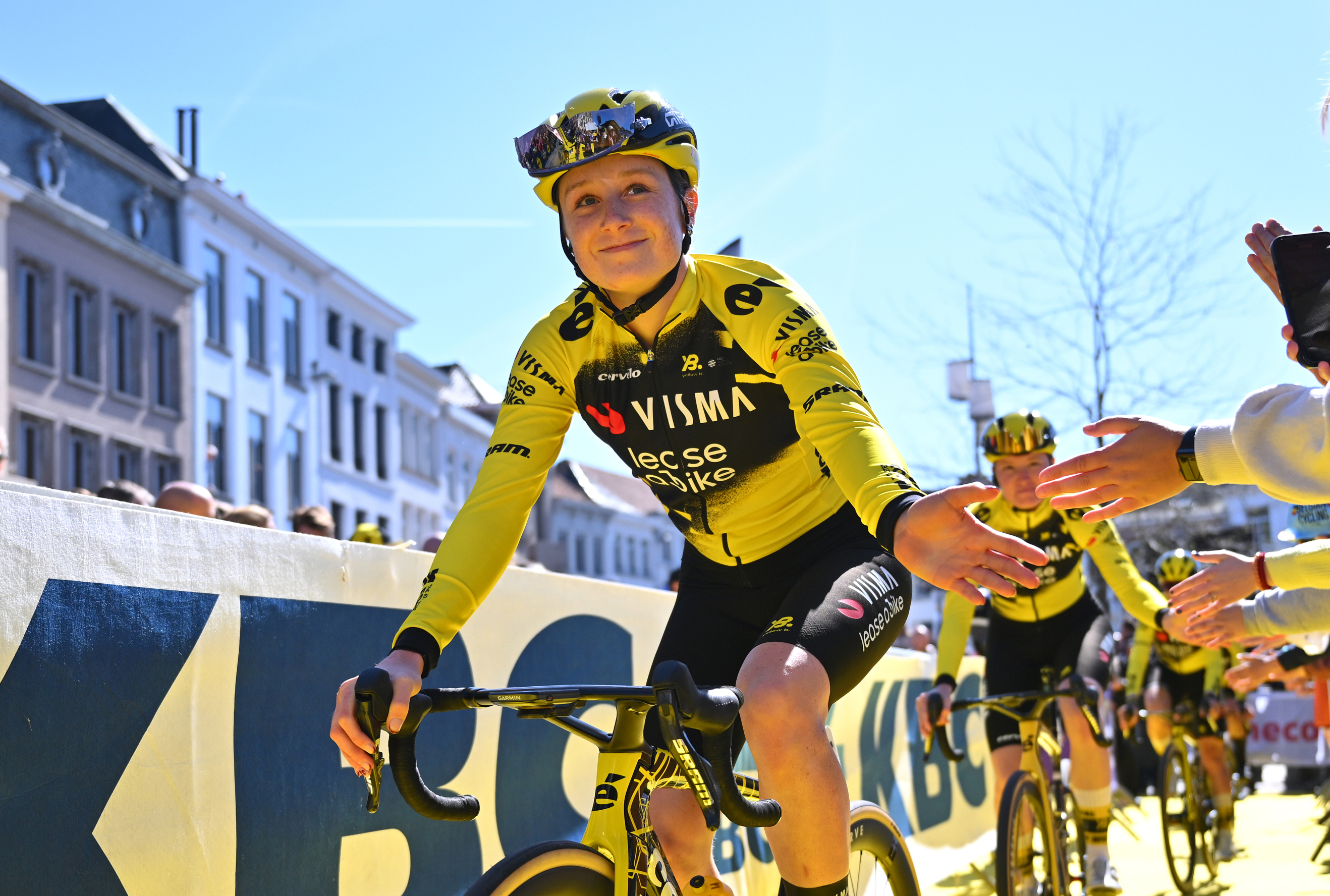 'It's really surreal that now I'm part of it' - 19-year-old Imogen Wolff set to go from spectator to racer at Paris-Roubaix
'It's really surreal that now I'm part of it' - 19-year-old Imogen Wolff set to go from spectator to racer at Paris-RoubaixBrit first came to see the 'Hell of the North' when she was six
By Tom Davidson Published